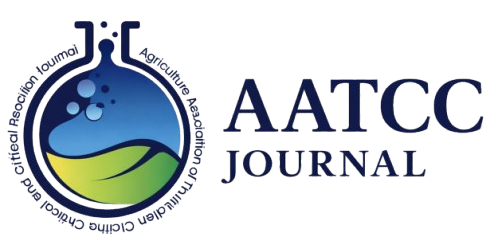Abstract
The present study was conducted in Alluri Sitharamaraju district of Andhra Pradesh during 2023-24.
Purposive sampling was used to choose 15 FPOs that participated in value addition for the study.
Random sampling technique is used in the selection of five respondents each from 15 FPOs and 5
officials making up the total sample size of 80. To ascertain the constraints, Kruskal–Wallis one-way
analysis of variance for independent samples and Friedman’s test for related samples were used. Five
different dimensions of constraints viz., personal, operational, infrastructural, economic and marketing
were identified. Kruskal-Wallis one-way ANOVA non-parametric test (Chi-Square = 39.12, df = 4, p
< 0.05) revealed that the level of influence of different constraints have differed significantly. The
mean ranks were determined and grouped based on the ascribed rank of the statements by the
respondents. The study concluded that marketing limitations (Mean Rank of 46.17) followed by
infrastructural constraints with a mean rank of 42.36 are the major obstacles. Further analysis of the
each group of the inhibiting factors was identified using the non-parametric Friedman’s test revealed
that social norms of members in joining FPOs, land alienation, adoption of local varieties, less know-
how on recommended practices, lack of drying yards, lack of package machinery, contract-based
agreements, poor access to institutional credit, side selling of farmers are the severe constraints. The
study faced few challenges that the selected tribal communities possess entrenched cultural beliefs,
which resulted in a reluctance to share information with those outside their group. Additionally,
geographical isolation and insufficient infrastructure complicated data collection efforts.
